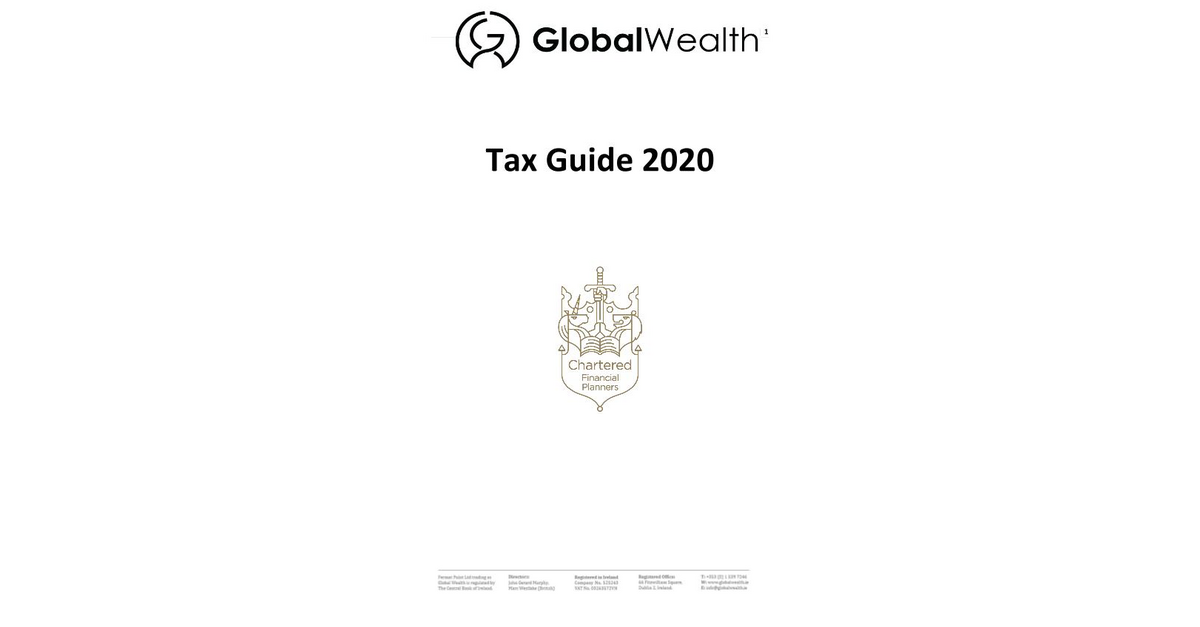I really don't see what an ETF-by-ETF analysis would achieve - it' not like individual US ETFs have idiosyncratic features from a structural or regulatory perspective.In fact, each investment must now, as was the case before, be looked at on its own merits and a determination made to establish the correct tax treatment for each investment. It is simply not possible to make a statement that all "x" or no "y" will be the case. It depends and THAT is what has changed in the Revenue guidance note.
US ETFs are all open-ended investment companies or unit investment trusts registered with the SEC under the (US) Investment Companies Act, 1940 and are all subject to the supervision of the SEC at a federal level.
Will Revenue accept that an SEC-registered ETF that tracks a particular index is not similar in all material respects to an Irish-domiciled ETF, authorised by the Central Bank under the UCITS Regulations, that tracks precisely the same index?
Well, we used to know the answer to that question but I don't believe any competent tax adviser could offer a definitive opinion on the appropriate tax treatment going forward.
My own view is that the uncertain tax treatment means that US ETFs will no longer really be a viable holding for Irish-resident investors from the end of this year.


